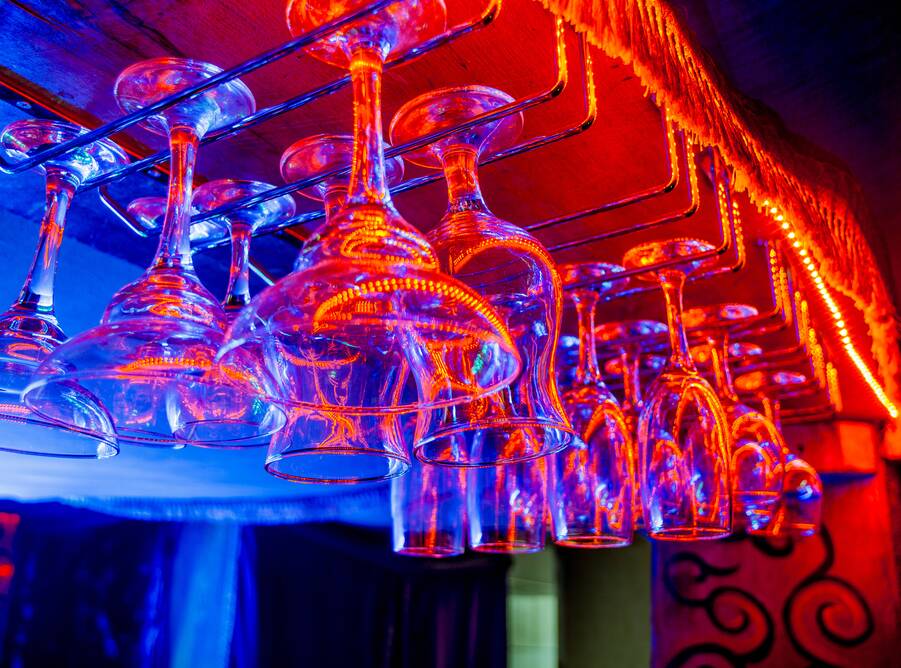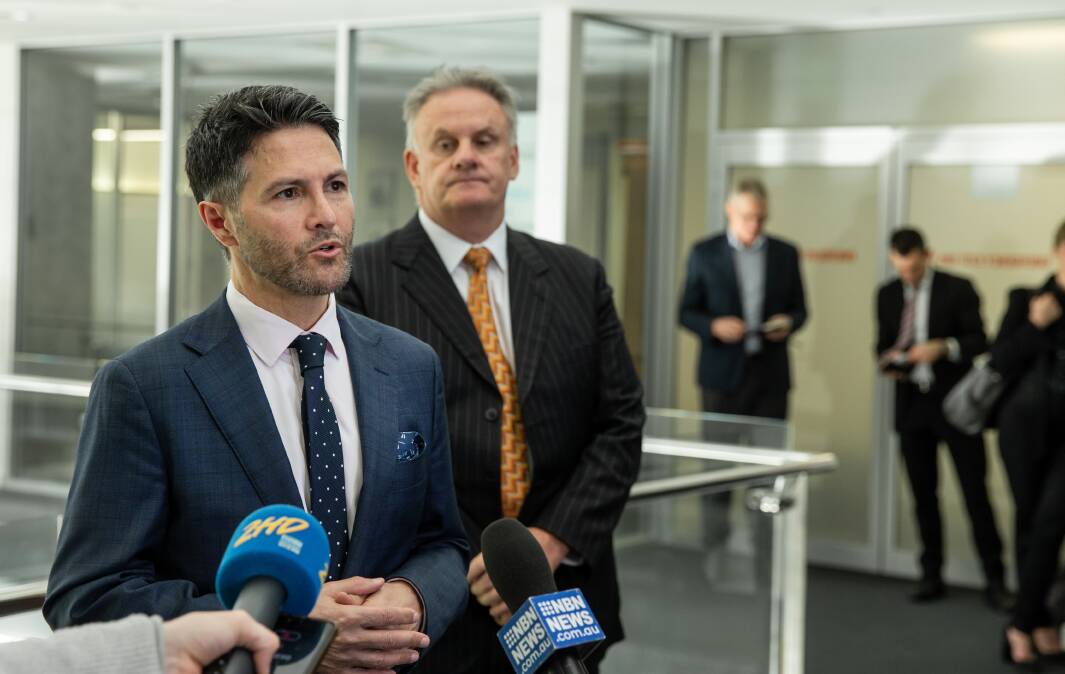
Michael Parris's analysis in the Herald (13/1) of the likely scrapping of Newcastle's successful alcohol harm controls ("conditions") raises serious concerns, including the principles of honest, open and responsible government.
The supporters' strongest argument for removing the conditions is that the city has "matured". However, in a Herald report on a stabbing incident in the city in January, a business owner said that "they often call the police due to issues with intoxicated people".
The inconvenient truth established that modest reductions in late trading hours of pubs and clubs associated with reduced intoxication, can actually enhance business prosperity and live music, as research in Brisbane has established.
Despite the continuing serious crime, up until 2017, the conditions, especially a modest reduction in pubs' and clubs' late closing times and controls on drink strengths, contributed to a 72 per cent reduction in reported non-domestic assaults on weekend nights in our CBD (NSW Bureau of Crime Statistics and Research).
Safer streets and premises resulted in a 100 per cent increase in smaller bars and licensed restaurants. More jobs for younger people and a more diverse and vibrant Newcastle night-time economy were achieved.
In 2021, the NSW government formed a committee chaired by Mark Latham (MLC) to "trial" weaker conditions for pubs and clubs. My inquiry with the government revealed the committee lacked any official terms of reference and Mr Latham had no letter of appointment from the minister.
The Independent Liquor and Gaming Authority (ILGA) was an active participant on the committee and only it has the legal power to amend liquor license conditions. It can do so collectively under provisions that gave rise to the original 2008 conditions. The committee included people who would directly profit from weakened alcohol controls, and a senior Sydney AHA representative.
Both the Herald (13/1) and I unsuccessfully requested that the NSW government provide the public with the information from the committee and a public relations consultant ILGA was relying upon to likely make permanent Newcastle's weakened alcohol harm controls.
Liquor and Gaming NSW were unwilling to deny my assertion that the refusal was to "buy time" to allow ILGA to make its decision, absent of any informed submissions from the public and independent experts.
It's understood the public will only be allowed to make objections to ILGA against individual applications by pubs and clubs to permanently adopt the weaken or removed conditions already endorsed by ILGA. This belated path is flawed and appears as an abuse of process. It curtails our community the opportunity to inform itself on the "secret" material relied upon to support the changes.

It conveniently bypasses the opportunity for the public and media to scrutinise the objectivity and impartiality of the committee's deliberations. Importantly, it prevents proper consideration of the accuracy, adequacy and reliability of the data collected by the committee and reviewed by paid consultants.
ILGA is conflicted to consider valid objections relating to the impartiality, conduct and adequacy of the committee's deliberations and data, when itself was an active participant on the Latham committee.
The strangulation of finding the truth behind the safety of our city, in essence, has been "manufactured" by the powerful alcohol lobby and their political beneficiaries.
Those in power know full well that any Supreme Court challenge by the community regarding apparent perceived bias, failure of due process and unresolved serious conflicts of interest, is unlikely given the huge costs.
The ongoing high levels of intoxication and harms in the CBD cannot be whitewashed. What has the government got to hide?
Firstly, the processes and actions adopted by the government, agencies and emissaries, consolidates in perpetuity, the alcohol lobby's version of the facts.
Importantly for them, the same successful and modest alcohol controls will unlikely be repeated here or elsewhere. Coincidentally, the NSW government is considering a swathe of alcohol, gambling and planning reforms weighted in favour of the profit interests of the industry lobby.
Secondly, the hidden manufactured facts arising from the trial committee gain added legitimacy when endorsed by an "independent" NSW government "authority" and a private consultancy.
Society needs a strong and independent media and fully informed public to keep government and the swag of industry lobbyists honest.
Dr Tony Brown voluntarily represented a coalition of inner city residents, small businesses and concerned citizens in the 2008 case. In 2022 he was awarded a PhD in law from the University of Newcastle. His thesis relates to the regulation of alcohol in NSW and regulatory capture.
WHAT DO YOU THINK? Join the discussion in the comment section below.
Find out how to register or become a subscriber here.







